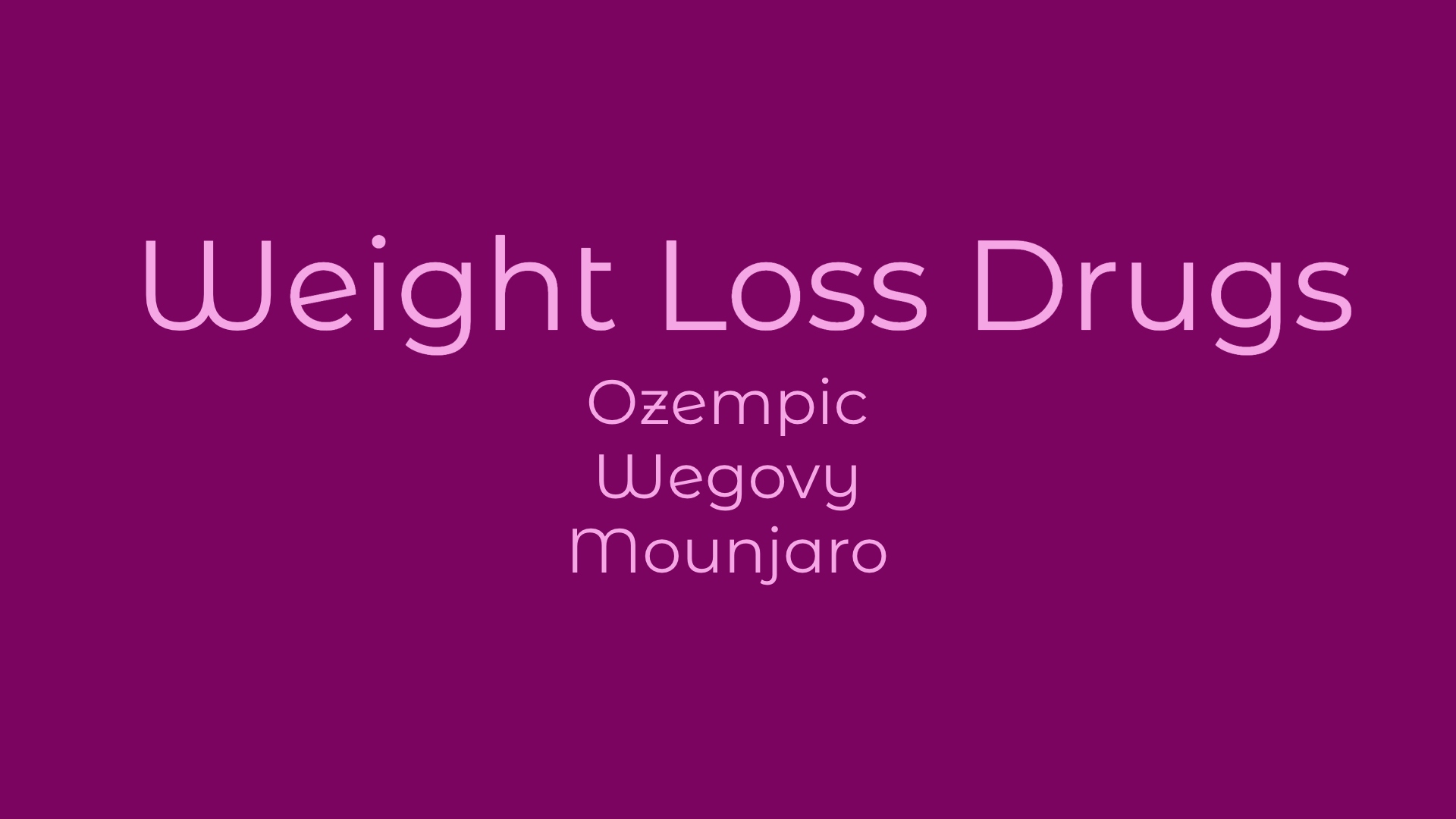Over the weekend, I read that the state of North Carolina is cutting off coverage of anti-obesity medications for state employees, citing soaring costs and a lack of agreement on pricing from drugmakers.
These anti-obesity injectable weight loss drugs are the rage from the Hollywood elite to shoppers at your neighborhood bodega.
Case in point: last year, at this time, I didn’t know anyone on these drugs. Last week, three friends told me they were either using or had taken the drugs. And all three knew countless other people using them.
These drugs work by making people feel fuller and eat less, with some side effects. Two of my friends admitted they suffered from diarrhea and stomach pain while using the drugs.
According to reports, patients who took the highest dose of Mounjaro, a diabetes drug from Eli Lilly Co. that’s in testing as an obesity treatment, lost an average of 50 pounds.
North Carolina’s decision affects a class of drugs known as GLP-1s, which treat diabetes and help with weight loss. Medications like Wegovy, Ozempic, and Zepbound have soared in popularity but are expensive and require long-term use.
According to Forbes, many more state-backed plans don’t cover GLP-1s for weight loss, but the ones that do are trying to limit rapidly increasing costs.
Connecticut introduced a trial lifestyle-management program for state employees seeking the drugs for weight-loss treatment in July after spending on the class rose 50% annually since 2020. Virginia tightened restrictions on which Medicaid enrollees can receive them for obesity.
When Ozempic is prescribed off-label for weight loss, it is often not covered by insurance. Why? Because the Affordable Care Act doesn’t mandate that health insurers cover obesity or overweight medications or surgeries.
Due to increasing costs, some health insurance companies and employers are also halting coverage of Ozempic, Wegovy, and GLP-1 drugs.
The private healthcare system Ascension stopped coverage on July 1, 2023, stating that weight loss and anti-obesity drugs will no longer be covered in its pharmacy benefit to its nearly 140,000 employees.
What does this mean to people taking the drug?
My friends using Ozempic and Mounjaro lost significant weight, but their insurance stopped covering the cost after six months. Without insurance, the average monthly price of Mounjaro is between $1,000 to $1,200, depending on the pharmacy. All three have gained back the weight they lost.
Routinely, when Ozempic is prescribed off-label for weight loss, insurance does not cover it. Why? Because the Affordable Care Act doesn’t mandate that health insurers cover obesity or overweight medications or surgeries.
If your health insurance no longer covers your prescription, is Noom or Weight Watchers a solution?
Although most of my friends think weight loss companies adding weight loss drugs to their arsenal is a cop-out, if you can no longer afford these drugs, these weight loss programs might help with weight loss maintenance.
Let’s start with Noom. For years, Noom has promoted itself as a psychological path to weight loss. Now, Noom believes adding these injectable drugs to your program makes the outcomes much better.
WeightWatchers members can also get weight loss drugs. The WeightWatchers telehealth clinic: a reworked version of Sequence’s telehealth services.
After Oprah appeared on the Red Carpet promoting The Color Purple, people speculated about her weight management. Oprah told People magazine that she’s using one of the weight loss drugs that are commercially known as Ozempic, Wegovy, or Mounjaro.
Sadly, many one-time dieters see results from injectable weight loss drugs as far more reliable and easily obtained than from these habit-changing programs. But many of my friends who are desperately trying to lose weight feel taking these drugs is cheating. The weight loss industry has brainwashed them into believing weight loss is about willpower. I believe it’s about an individual’s body chemistry. Many people have a physical addiction to the fat, salt, and sugar formulas of popular foods. These people can’t stop at one potato chip; they eat the entire bag. Other people suffer from obsessive thoughts about food, which Rosie O’Donnell refers to as ‘food noise.’ In a recent interview, she spoke about how Mounjaro helped calm these thoughts in her head. I found her Plus SideZ podcast interview enlightening.
For many, these weight loss drugs are improving lives and health outcomes.
Novo Nordisk also offers a patient assistance program that provides Ozempic at no cost. To be eligible, you must be a U.S. citizen or legal resident with a total household income at or below 400% of the federal poverty line.


